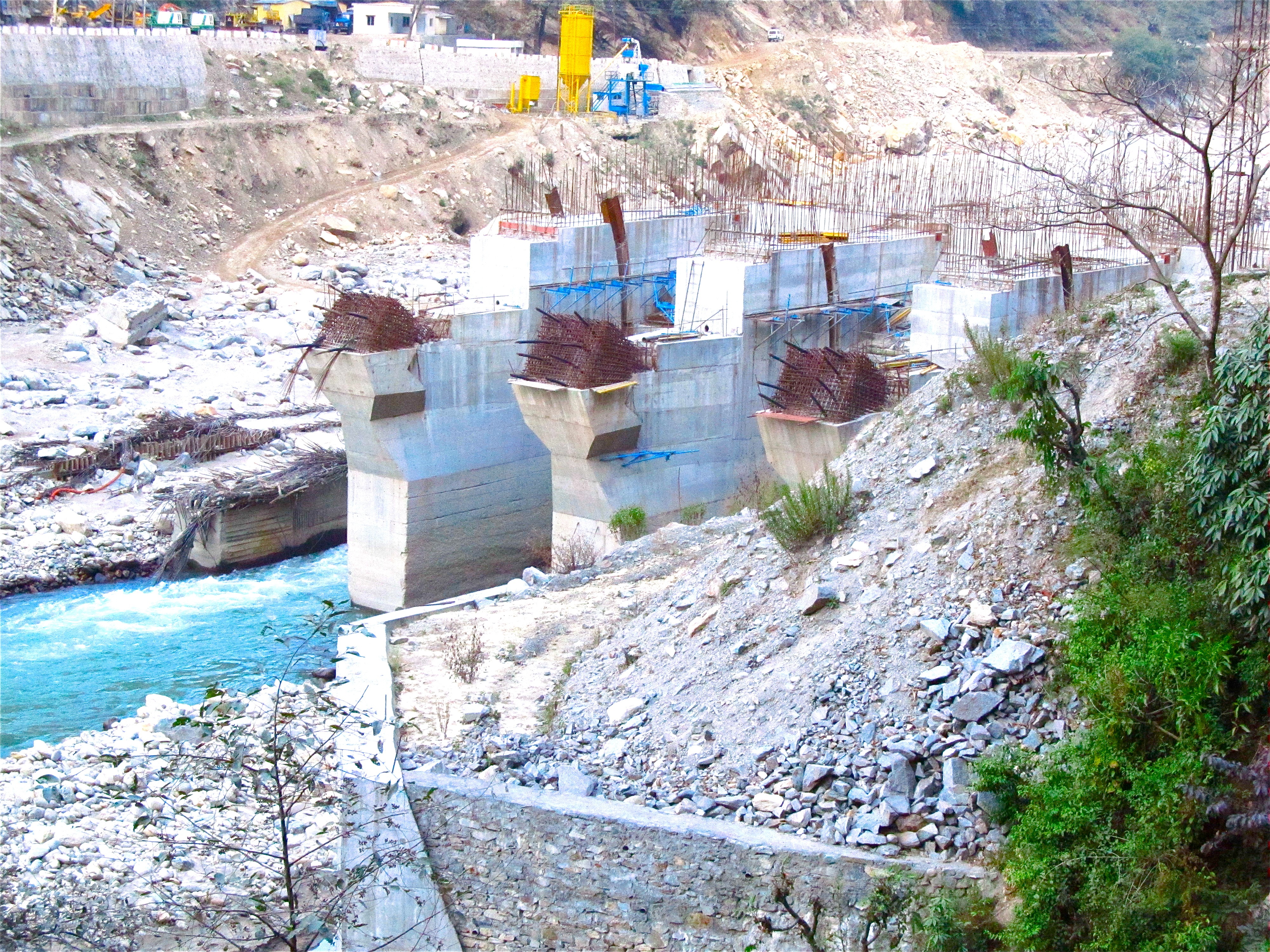
COPENHAGEN—What a day here in Copenhagen. For much of the afternoon and well into the evening the cold and dark seemed to settle more deeply today on this city of 1.2 million. As morning turned to night no agreement was signed to save the planet. The meditation and prayer rooms were noticeably more busy in the Bella Center. After months of work this year, and 12 days of negotiation at the United Nations Climate Change Conference, it looked as if the 120 heads of state might actually leave Denmark without any agreement at all. Certainly there are fossil fuel industry board rooms in Houston that would celebrate such an outcome.
But less than two hours before midnight word circulated through the center that an agreement had been struck, though the significance of the various measures is not, as this writing, crystal clear. The final text, negotiated by the United States, China, India, Brazil, and South Africa has not been completed — though heads of state told negotiators to complete that task tonight.
NGO climate experts also cautioned that the agreement has not been finalized, and that many other countries have not signed off on its provisions. The European Union, which scheduled a news conference before midnight, abruptly canceled the event, then scheduled another early this morning. And just after midnight Lumumba Di-Aping, the Sudanese chair of the G77 — the international alliance of developing nations — held a news conference and lashed the deal.
Di-Aping said the agreement would hurt developing nations and “lock people of the developing world in poverty.†He said the financial terms, $10 billion annually provided by developed nations to developing nations each year through 2012, “was nothing compared to the risks.†And he accused the U.S., with the assistance of Denmark, of essentially strong arming poor nations into accepting the measure. Di-Aping indicated that “if one country doesn’t agree to this agreement, then there is no deal.â€
According to American NGO experts and U.S. President Barack Obama, who held a news conference at 10:30pm, the deal reached by the four nations aims at 1) limiting carbon emissions so that global temperatures do not exceed 2 degrees Celsius, 2) committing nations to concrete emissions targets, and 3) subject participating countries to international analysis of their commitments. In its essence, the agreement’s structure is consistent with what President Obama outlined to heads of state and delegates early this afternoon.
It also is the first agreement to provide diplomatic space for the United States and China to work together to tackle global climate change. Moreover, American delegates told NGO representatives here that the G77 countries were in the room when the agreement was reached, and shouldn’t block it.
The deal is not legally binding, though the president said it was a “first step†toward developing a much stronger binding agreement. Obama did not say when that deal will happen, and he wasn’t clear tonight whether negotiating a legally binding treaty was possible within a year.

“I am supportive of such efforts,†he said. “This is a classic example of how if we just waited for that then we would not make any progress.â€
Representatives of international climate advocacy organizations were critical of the deal, asserting that it was not nearly strong enough. Ricken Patel, executive director of Avaaz.org, greeted the deal this way: “The so-called Copenhagen Accord is an historic failure, representing the collapse of international efforts to sign a binding global treaty that can stop catastrophic climate change. Perhaps most telling, while leaders themselves recognize that this agreement is insufficient, they have set no deadline or even date to complete it.â€
U.S. environmental leaders were more supportive, asserting the agreement was a step that strengthened American and global action to limit carbon emissions and accelerate the vast economic transition built on a new foundation of clean energy development.
“The world’s nations have come together and concluded a historic—if incomplete—agreement to begin tackling global warming,†said Carl Pope, executive director of the Sierra Club. “Tonight’s announcement is but a first step and much work remains to be done in the days and months ahead in order to seal a final international climate deal that is fair, binding, and ambitious. It is imperative that negotiations resume as soon as possible.â€
“Today’s agreement takes the first important steps toward true transparency and accountability in an international climate agreement,†said Fred Krupp, president of the Environmental Defense Fund. “The sooner the U.S. speaks through Senate legislation, the sooner we can set the terms of engagement for talks to come.â€
President Obama avoided naming a specific timetable for making the agreement more robust and binding. “We strive for more binding agreements over time,†Obama said.
“This is going to be hard,†added Obama, who indicated he would leave Copenhagen immediately. “It’s going to be hard within countries and it’s going to be hard between countries.â€
Keith Schneider, a former New York Times national correspondent, is senior editor and producer at Circle of Blue. Reach Keith at keith@circleofblue.org. Read the previous installments of Schneider’s COP15 blogging here, here, here, here and here. Be sure to check out all of Circle of Blue’s Copenhagen coverage, including other features and videos.
